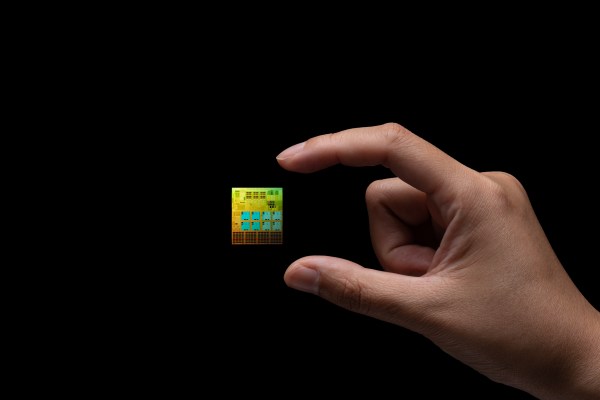The U.S. and China chip battle continues to escalate. In China, the country’s cybersecurity watchdog has initiated a probe into U.S. memory chip maker Micron Technology, according to a statement from the Cyberspace Administration of China (CAC) released on Friday. The development came on the same day that Japan announced plans to impose export restrictions on 23 types of equipment. Without mentioning China by name, the measures regardless are most likely to hit business between the two countries.
The cybersecurity probe mirrors moves being made by the U.S. government against Chinese equipment makers over security concerns.
“In order to ensure the security of the key information infrastructure supply chain, prevent network security risks caused by hidden product problems, and maintain national security,” the statement from the CAC noted.
Micron has said that business continues to operate as normal with and in China during the probe.
Japan’s proposals for export restrictions on 23 types of equipment — hardware used to make the most advanced chip technology — are expected to be officially implemented in July. The list of equipment includes ultraviolet lithography, cleaning, deposition and etching, according to Japan’s trade minister Yasutoshi Nishimura.
China being omitted in name comes at a time when relations are delicate between it and Japan. Beijing’s Foreign Minister Qin Gang, meeting with his Japanese counterpart Yoshimasa Hayashi this past weekend, has been working on dissuading Tokyo from backing U.S. semiconductor export restrictions on China.
According to prepared remarks issued by the Chinese foreign ministry, in a Sunday meeting with Hayashi, Qin criticized the U.S. over how it “brutally suppressed the Japanese semiconductor industry, and now it is repeating its old tactics against China.
“Don’t do to others what you don’t want others to do to you,” the statement said.
It also contained a warning: the restriction will “only stimulate China’s determination to become self-sufficient.”
In the wake of sweeping rules rolled out in the U.S. in October aimed at curtailing China’s ability to produce chips, the U.S., Japan and the Netherlands reached an agreement earlier this year to curb exports of chip manufacturing tools to China to prevent Beijing from developing advanced weapons for military use.
The limitations are not exactly a win-win, which complicates the situation. For example, they are likely to have a negative impact Japanese chip-making firms like Tokyo Electron, which has roughly 90% of the chip-coating and -developing equipment market. Screen Holdings, Advantest Corp and Nikon will also be impacted.
The Netherlands, home to chip manufacturing firm ASML, also pushed ahead with its restrictions on exports of semiconductor equipment to China in March.
“Due to these upcoming regulations, ASML will need to apply for export licenses for shipment of the most advanced immersion DUV (deep ultraviolet) systems,” ASML said. “It will take time for these controls to be translated into legislation and take effect.”
Seoul has yet to make a call on how it responds to Washington’s ban on chip-related technology exports to China. In late February, the U.S., Japan and South Korea held economic security dialogue in Honolulu, Hawaii, to discuss the semiconductor supply chain, the U.S. chip subsidies and emerging technologies amid the U.S.- China tech war.
